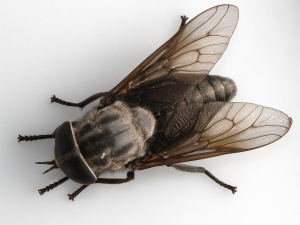The goal of the Vector Behavior in Transmission Ecology Research Coordination Network (VectorBiTE RCN) to increase interaction between researchers in the diverse fields studying VBDs, to encourage collection and consolidation of key data, and to encourage development of analytical tools to better understand the role of vector behavior in transmission ecology.
The RCN will meet the overall goal by pursuing four main objectives:
- The development of theoretical models that include more details of vector behavior and heterogeneity;
- Improved data collection and statistical methods to enable such models to be confronted with data;
- Development of comprehensive and freely available parameterization and validation datasets to allow testing of methods and comparison between proposed models in a transparent fashion;
- Training young researchers to apply these new tools and models as they are developed.
We will facilitate the development of new transmission models and their integration with empirical data using cutting edge quantitative methods to better understand the processes that drive transmission patterns in vector borne diseases. We will bring together specialists in vector behavioral ecology, epidemiology, theoretical ecology, mathematics, and statistics to promote open exchange of ideas, data, and tools to tackle this problem. Network participants will include a diverse group of researchers working on vector- borne disease working in systems across human, animal, and plant systems, ranging from relatively simple single host/vector/pathogen systems to complex systems with multiple hosts/vectors/pathogens, and varying in transmission environment (agricultural, rural, fragmented, and urban).

